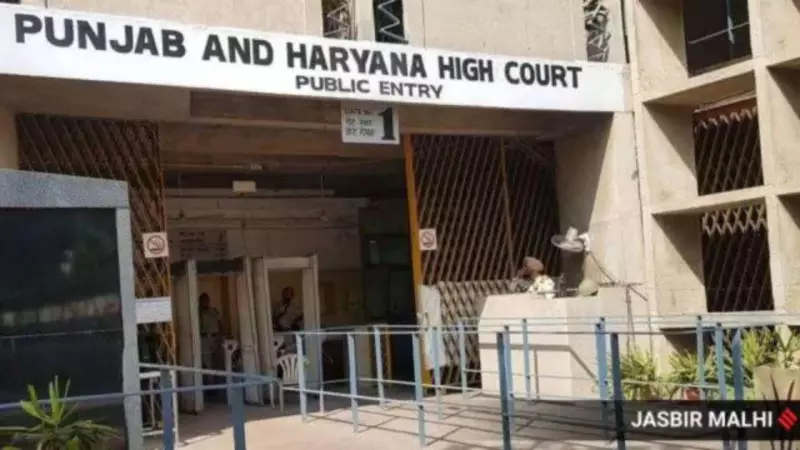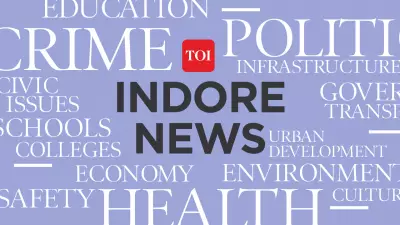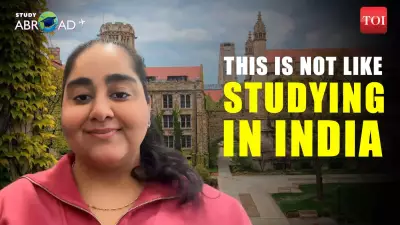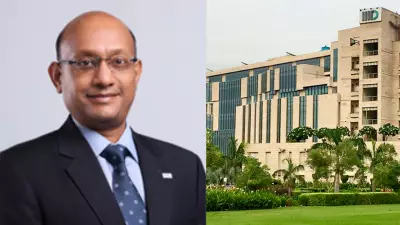
Court Prioritises Academics Amid Senate Election Debate
The Punjab and Haryana High Court, on Friday, issued a significant directive to those demanding immediate Senate elections at Panjab University, urging them to first ensure that normal academic activities resume on the campus. The division bench, comprising Chief Justice Sheel Nagu and Justice Sanjiv Berry, was hearing a petition that sought the notification of the long-delayed election schedule for the university's governing bodies.
Vacuum in University Governance
The petitioners, who are former members of the Senate, presented a critical issue to the court: the university has been operating without its two primary statutory bodies – the Senate and the Syndicate – since late 2024. This absence has effectively concentrated all administrative powers with the vice-chancellor. The counsel argued that this governance vacuum is the root cause of the ongoing agitation among students and faculty.
Highlighting the legal framework, the petitioners pointed out that the Punjab University Act vests the management and superintendence of the university in these elected bodies. They informed the court that there has been a delay of one year, with the university having sent six different election schedules to the chancellor between December 2023 and June 2024 for approval.
Interestingly, the counsel emphasised that the Punjab University Act "does not contemplate any such approval" from the chancellor, who is the Vice-President of India. The Act itself mandates that the election process must commence 240 days before the actual polling date.
Centre's Stance and the Path Forward
Representing the Central government, Additional Solicitor General (ASG) Satya Pal Jain provided key updates. He confirmed that the government has withdrawn the recent notifications that had restructured the Senate, a move that had initially sparked student protests.
ASG Jain assured the court that the university is actively "processing the election schedule." He described the undertaking as a massive logistical exercise, involving a staggering 3.50 lakh registered graduate voters spread across multiple states and union territories, including Punjab, Haryana, Himachal Pradesh, Jammu and Kashmir, Delhi, and Chandigarh.
However, Jain pointed to the ongoing unrest on campus, stating, "For elections, you need a cordial atmosphere." He informed the bench that the issues raised in this petition are identical to several connected matters already listed for a hearing on December 16. He expressed the Centre's intention to hold the elections but indicated that the final schedule is likely to be presented before the court on that date, with the Centre filing its formal reply beforehand.
Bench's Focus on Academic Normalcy
During the proceedings, the court bench repeatedly questioned the petitioners about the ongoing protests, expressing concern over the disruption to education. At one point, Chief Justice Nagu remarked, "Please go back to your classes," leading the counsel to clarify that the petitioners themselves were former senators and not current students.
The court observed, "Why are students these days so interested in elections? They are there to study. Education is being imparted, allow that to happen." When the counsel argued that the absence of elected bodies was crippling administrative functions, the bench posed a pivotal question: which is more crucial for the university at this juncture, examinations or elections?
The counsel acknowledged that examinations are indeed important but maintained that only a firm commitment to notify the election schedule within a reasonable timeframe would pacify the agitating students and faculty and restore complete normalcy.
The bench concluded by indicating that while it could urge the chancellor to act "expeditiously," it could not impose a timeline that goes beyond what is prescribed by the statute. With this, the matter was disposed of, placing the onus on the authorities to move forward while the court expects academic priorities to be upheld.





